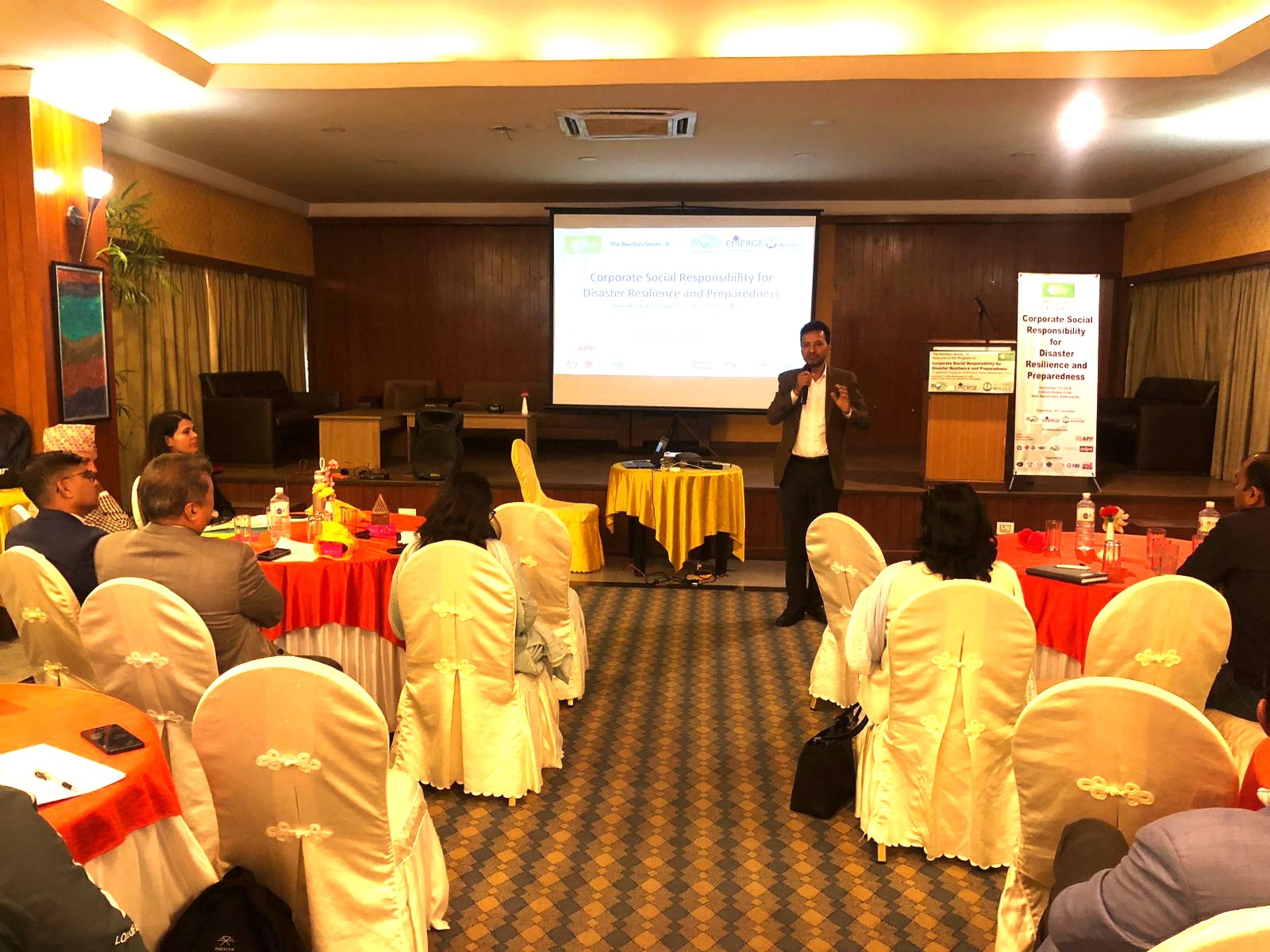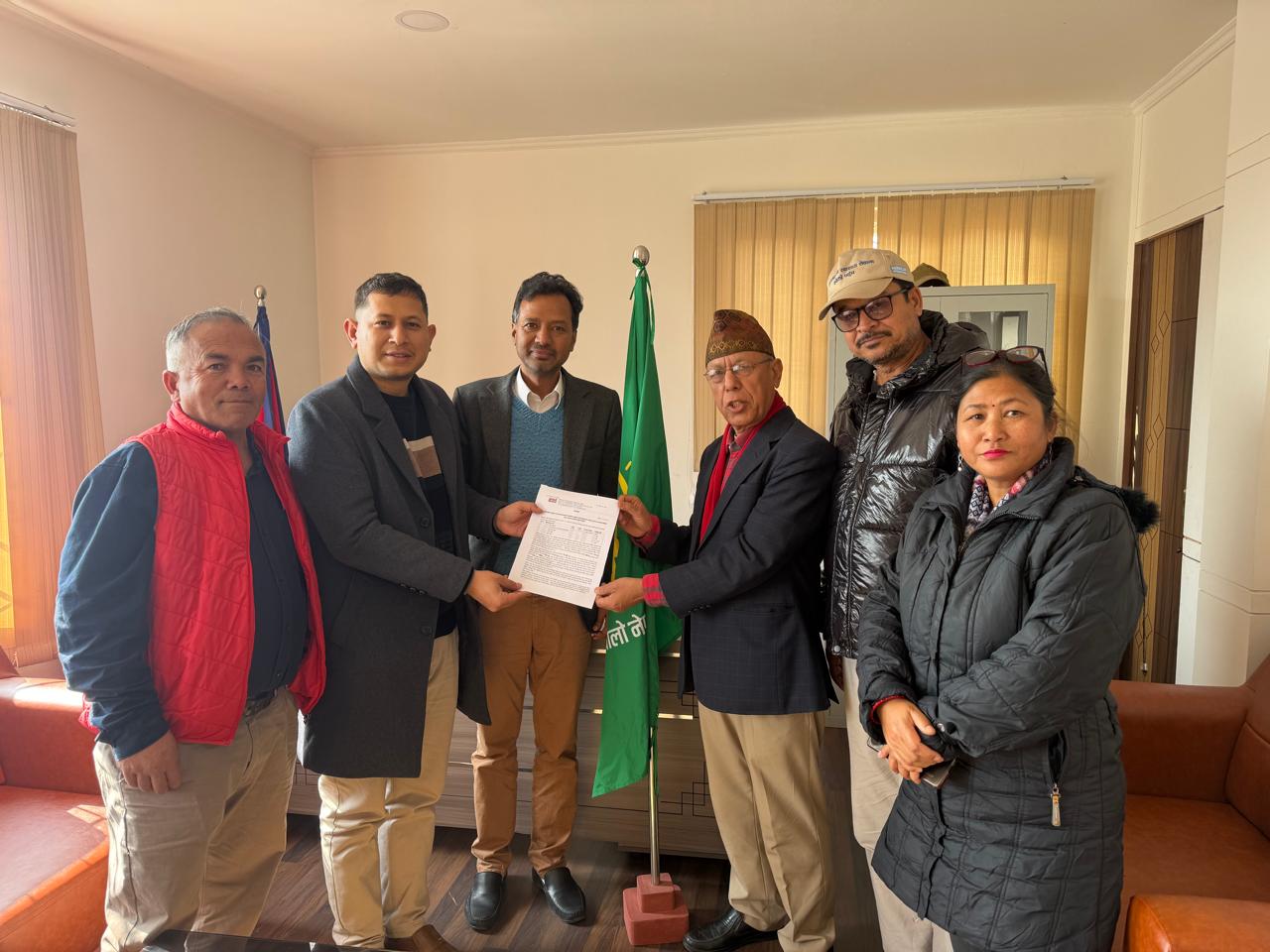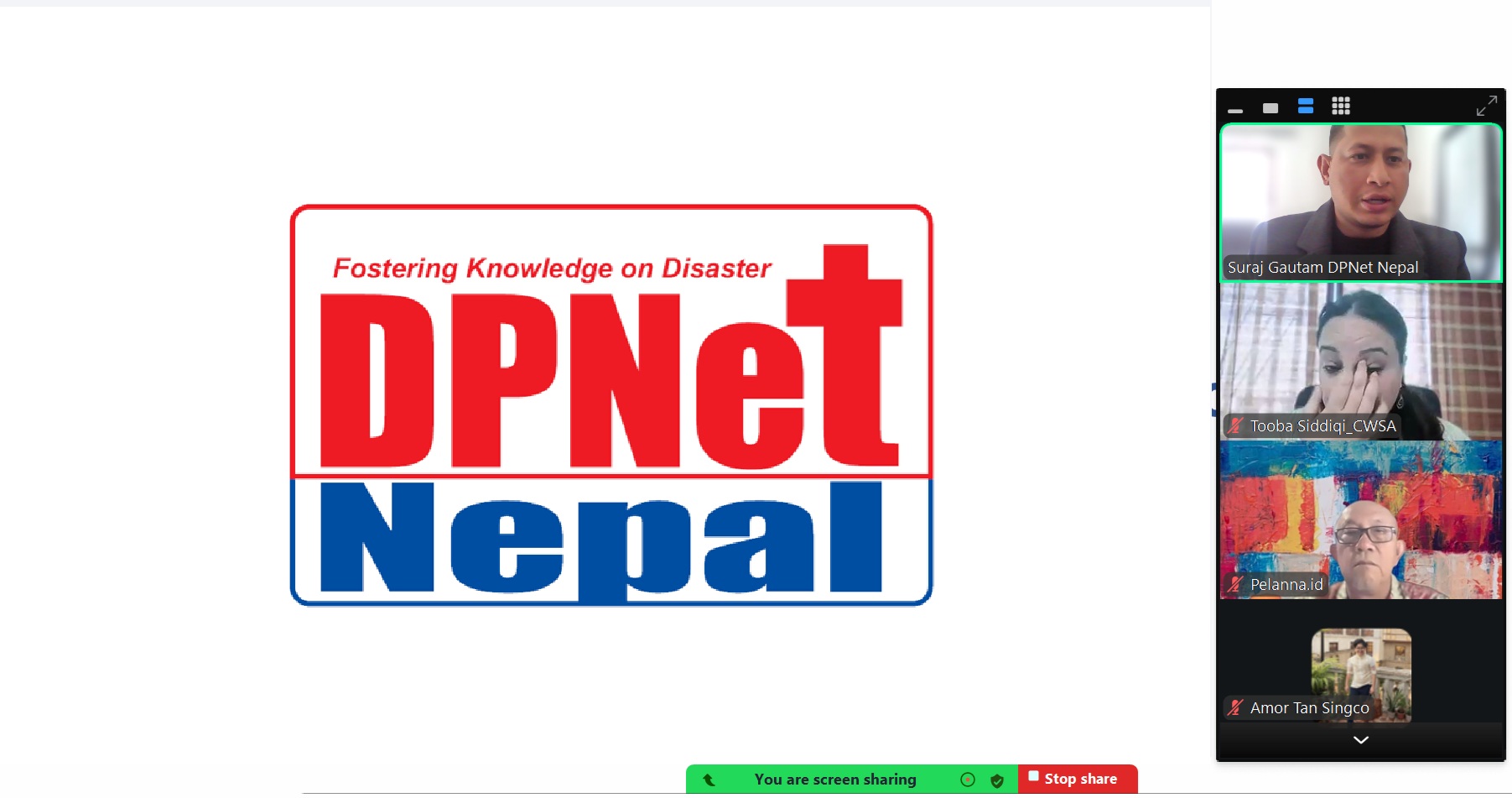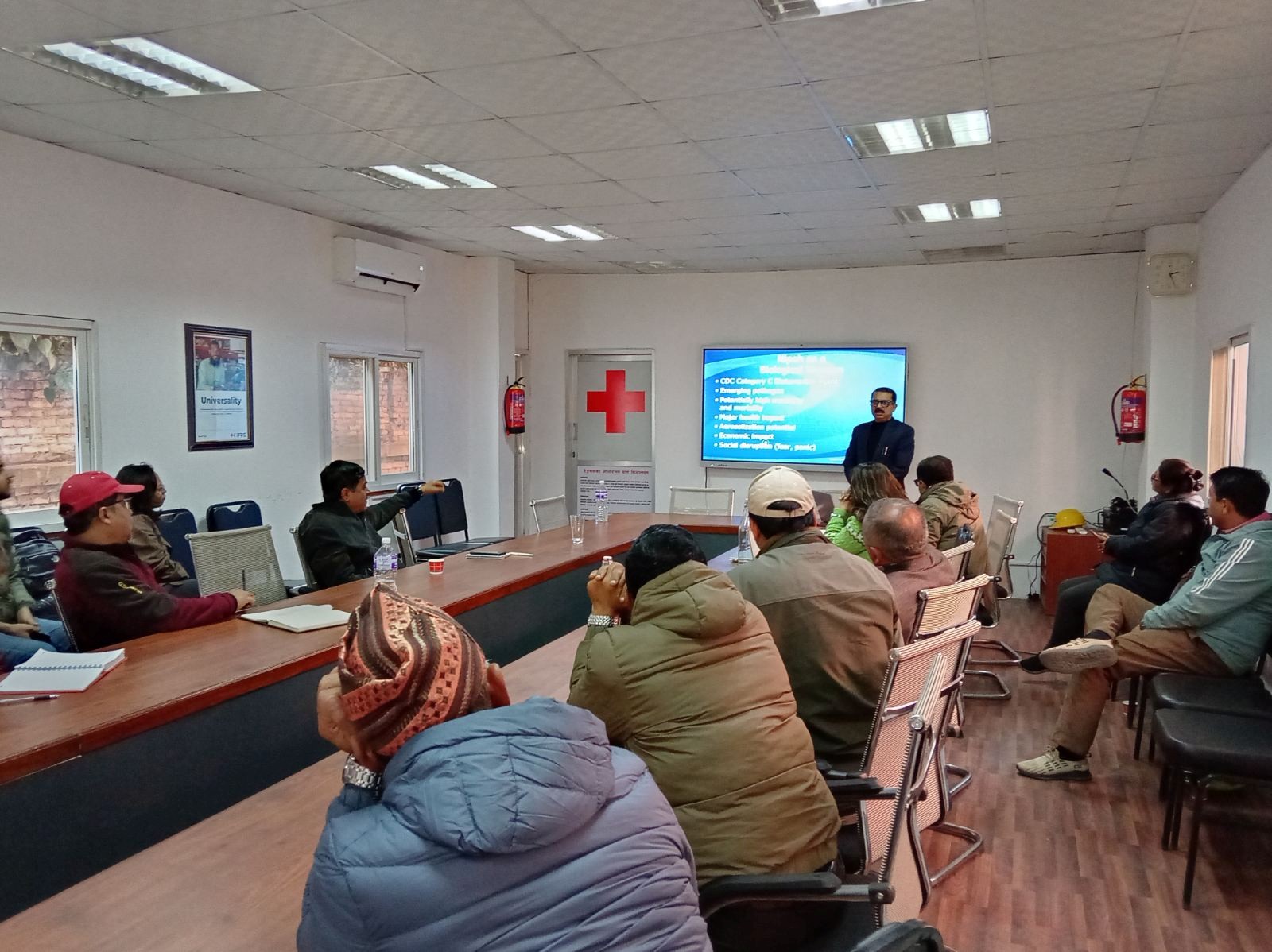Role of CSR in Building Community Resilience Discussed in Kathmandu

The sixth event of The Bamboo Series, organized by the NET Consortium in collaboration with DPNet and other key organizations, was held in Kathmandu on 13th November, 2024, focusing on the role of Corporate Social Responsibility (CSR) in Disaster Risk Reduction (DRR) and emergency preparedness in Nepal. The event brought together distinguished speakers, including government officials, private sector representatives, and experts from various fields, to discuss the importance of CSR in building community resilience and promoting sustainable practices.
The event commenced with discussions on the evolution of CSR, as highlighted by Dr. Balram Chapagain from Tribhuvan University. He explained the transition of CSR from traditional philanthropy to a modern framework emphasizing sustainability and accountability. Dr. Chapagain stressed the importance of integrating DRR into CSR activities, particularly in pre- and post-disaster phases, through community-focused and Gender Equality and Social Inclusion (GESI) initiatives. He recommended policy changes, such as mandating DRR budget allocations within CSR programs and fostering cross-sector collaboration to enhance disaster resilience. Ms. Merina Ranjit, Chief Operating Officer of the Chaudhary Foundation, highlights on the private sector's significant contribution to Nepal’s GDP and workforce. She emphasized the importance of strategic allocation of CSR funds to address vulnerabilities and support resilience-building initiatives. Citing examples like DRR messaging on consumer goods packaging, she advocated for flexible CSR funding to enable innovation and targeted investments in research and disaster preparedness. From the government perspective, Dr. Bhisma Kumar Bhusal, Joint Secretary at the Ministry of Home Affairs, emphasized that CSR should focus on dignity and security, going beyond philanthropy. He highlighted the private sector's potential to exceed government contributions in disaster scenarios by investing in resilient infrastructure, advanced technology, and pre-disaster interventions. He also proposed mandatory insurance schemes and business continuity plans to strengthen disaster preparedness in the private sector.
In a subsequent session, Mr. Kush Kumar Joshi, President of the National Business Initiative, discussed the challenges and opportunities for private sector engagement in disaster preparedness. He stressed the need for businesses to integrate resilience into their operations and train their workforce in disaster management. Similarly, Dr. Samjhana Bista, Country Director of DCA Nepal, called for collective action across sectors as Nepal transitions from its Least Developed Country (LDC) status, urging the private sector to play a more proactive role in strengthening economic and social resilience.
The final session focused on incentivizing CSR for disaster preparedness. Dr. Raju Thapa, President of DPNet, highlighted the existing gaps in implementing DRR policies involving the private sector, while calling for better coordination and collaboration to incentivize CSR. Other speakers, including representatives from the private sector, academia, and humanitarian organizations, stressed the importance of transparency, data-driven initiatives, and innovative approaches to channel CSR funds effectively.
The event concluded with forming task forces for CSR initiatives, improving coordination across sectors, and integrating disaster preparedness into broader development projects. Organized as part of the NET Consortium’s Change Initiative, which originated from the International Training Program for Disaster Risk Management by MSB Sweden, the Bamboo Series continues to advocate for sustainable and resilient business practices. The sixth event reaffirmed the vital role of the private sector in building a disaster-resilient Nepal, setting the foundation for collaborative efforts to strengthen community resilience nationwide.











